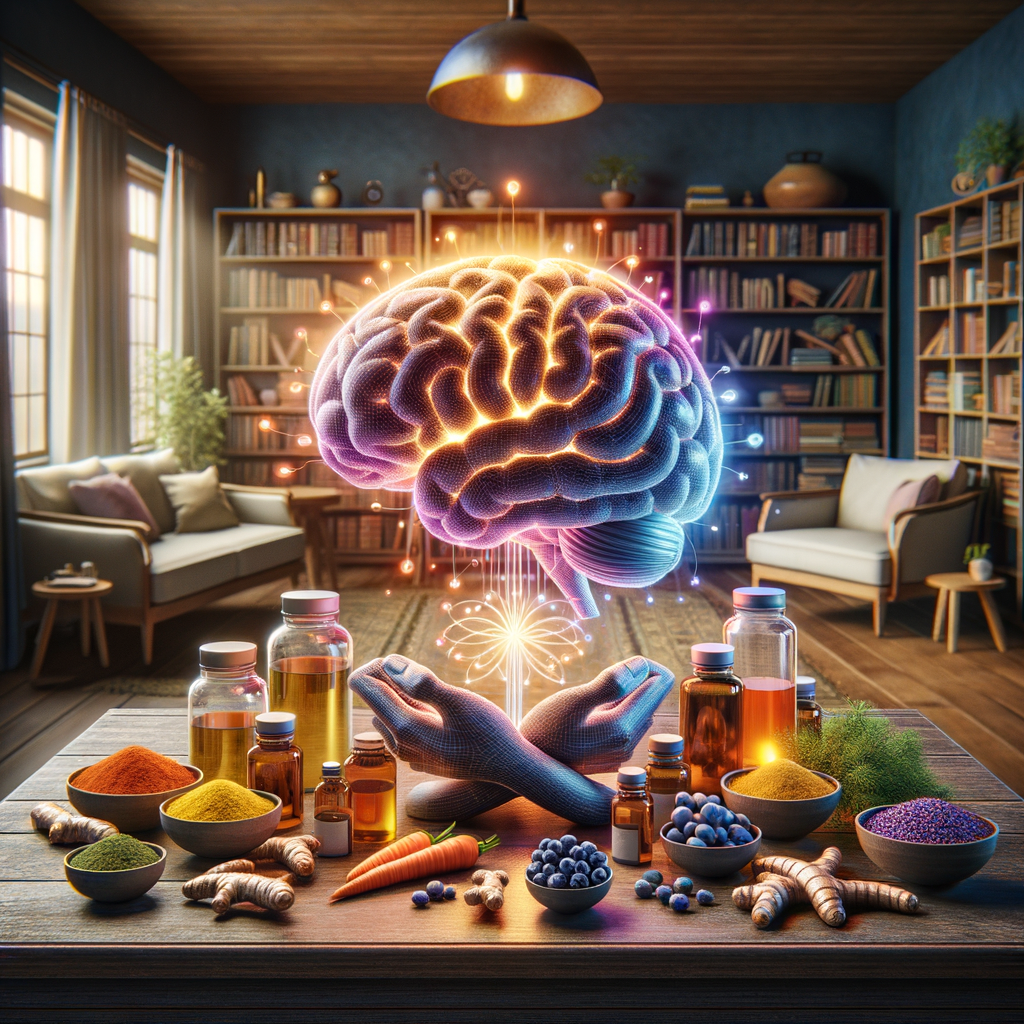Unleashing the Potential of Subliminal Audio Programs for Personal Growth
In today’s fast-paced world, achieving personal growth can often seem like a daunting task. As individuals navigate their busy lives, the quest for self-improvement frequently takes a backseat. However, as research unveils more about the human mind’s capabilities, innovative tools such as subliminal audio programs have gained prominence. These programs promise to unlock deeper layers of potential, facilitating remarkable transformations in various areas of life.
Understanding Subliminal Audio Programs
Subliminal audio programs employ soundtracks designed to communicate suggestions or affirmations just below the conscious level of perception. These programs generally consist of:
- Binaural beats – auditory illusions created when two slightly different frequencies are presented to each ear, fostering a specific mental state.
- Nature sounds – soothing background provisions that enhance relaxation and focus.
- Affirmative voice messages – statements designed to influence thoughts and attitudes, which are often masked by music or sounds to ensure they reach the subconscious.
The Psychological Basis
The efficacy of subliminal messages lies within a well-established concept in psychology known as priming. Priming occurs when exposure to one stimulus influences response to another stimulus. In essence, subliminal audio takes advantage of this phenomenon.
Benefits of Utilizing Subliminal Audio for Personal Growth
When effectively employed, subliminal audio can aid individuals in various aspects of life. Some prominent benefits include:
- Enhanced Motivation: Subliminal messages can instill a greater drive towards achieving personal goals, taking individuals out of their comfort zones.
- Improved Self-Confidence: Regular auditory exposure to positive affirmations can alter self-perceptions, thus fostering a healthier self-image.
- Stress Relief: Many users report decreased stress levels and enhanced relaxation, allowing for improved focus and productivity.
- Better Habit Formation: Utilizing subliminal audio can support the development of positive habits while reducing the negative ones through continuous reinforcement.
Real-Life Applications
Subliminal audio programs have found their way into various settings, proving their versatility as a personal development tool:
- Therapeutic Use: Mental health professionals may incorporate subliminal audio techniques to support patients in overcoming issues like anxiety or low self-esteem.
- Athletic Performance: Athletes often utilize subliminal audio to enhance focus and motivation, improving their performance during competitions.
- Personal Development Courses: Many self-help programs and workshops now include subliminal audio components to reinforce learning and growth.
How to Select Effective Subliminal Audio Programs
When considering subliminal audio for personal growth, it is imperative to choose programs that are well-researched and created by professionals. Here are some tips for selection:
- Research the Creator: Ensure that the program is developed by a credible source with knowledge in psychology or personal development.
- Check Reviews: User feedback can provide insight into the effectiveness of the program and its overall impact.
- Test for Personal Comfort: Every individual is different, so it is essential to find music and affirmation styles that resonate personally.
Conclusion
The journey of personal growth is unique to each individual, and the effective use of subliminal audio programs can significantly enhance that journey. By understanding the principles behind subliminal messaging, appreciating the potential benefits, and thoughtfully selecting appropriate programs, individuals can take significant strides toward achieving their goals. As we continue to explore the depths of the human subconscious, tools like subliminal audio reveal remarkable possibilities for transformation and personal development.
There you have it… See what works for you…
Campbell M Gold
To Create Health, Wealth, Success, and Longevity through the Power of Your Subconscious Mind, Visit: Campbell M Gold.com
Visit The Store and see what else can be of help






